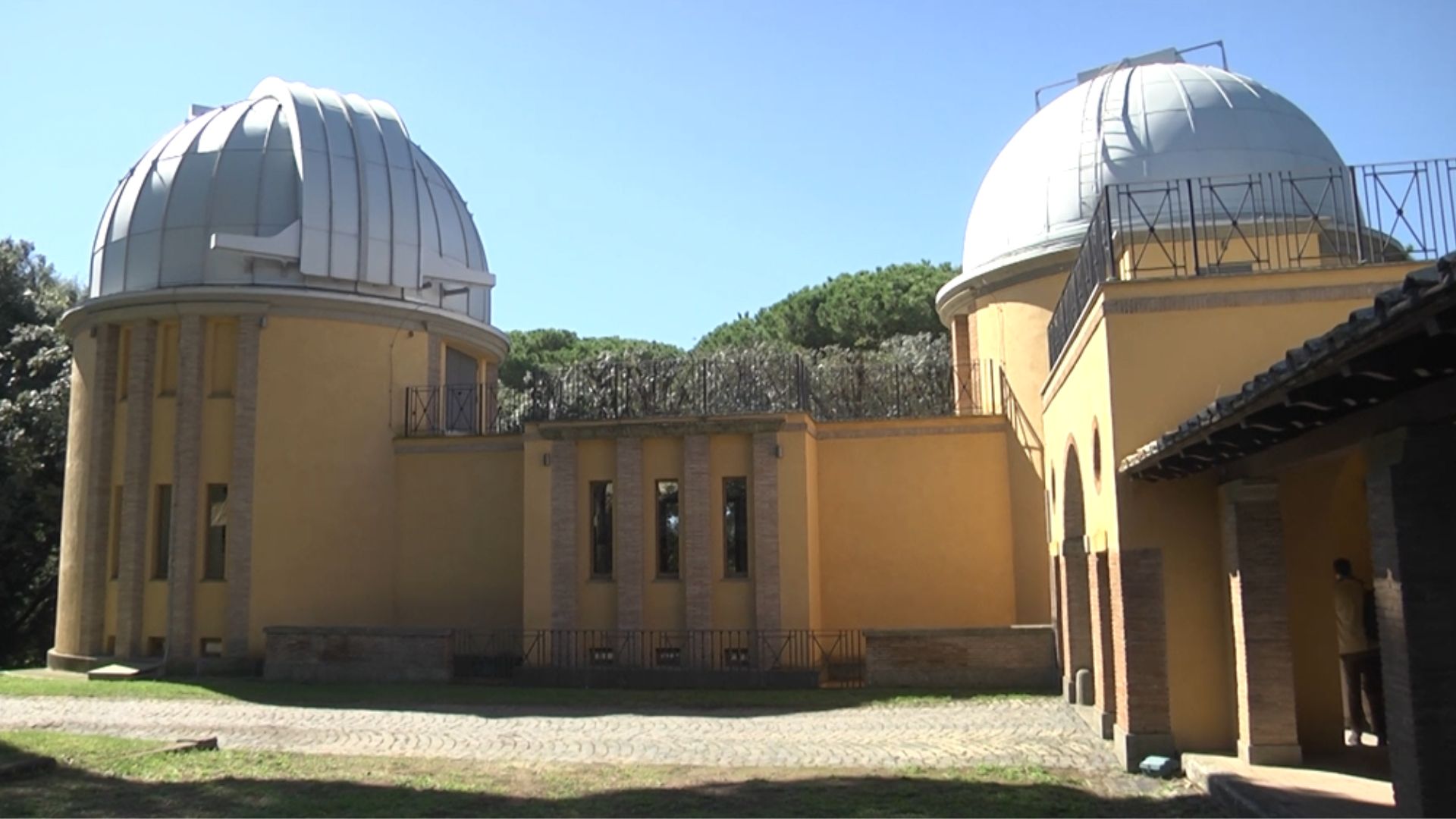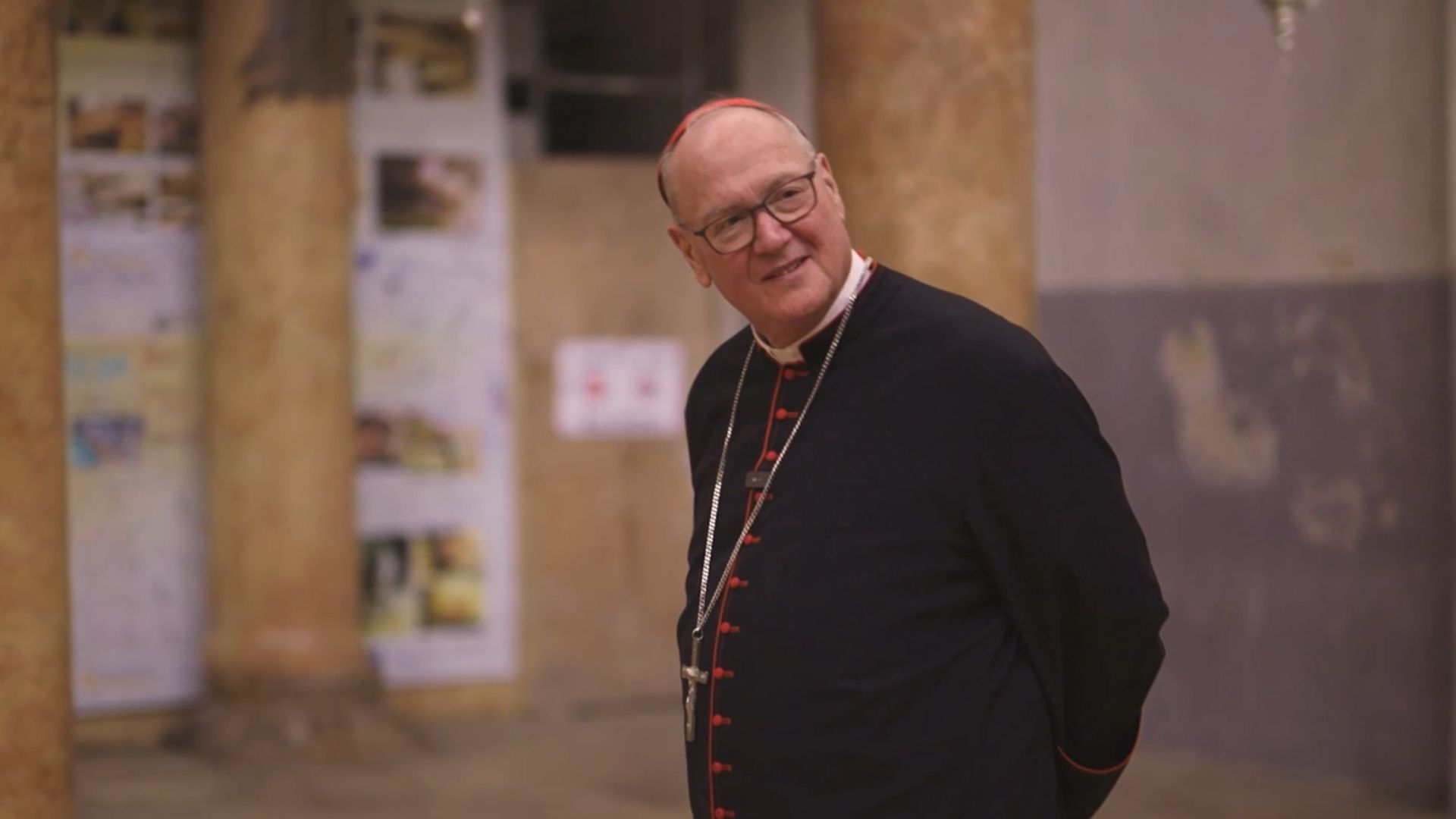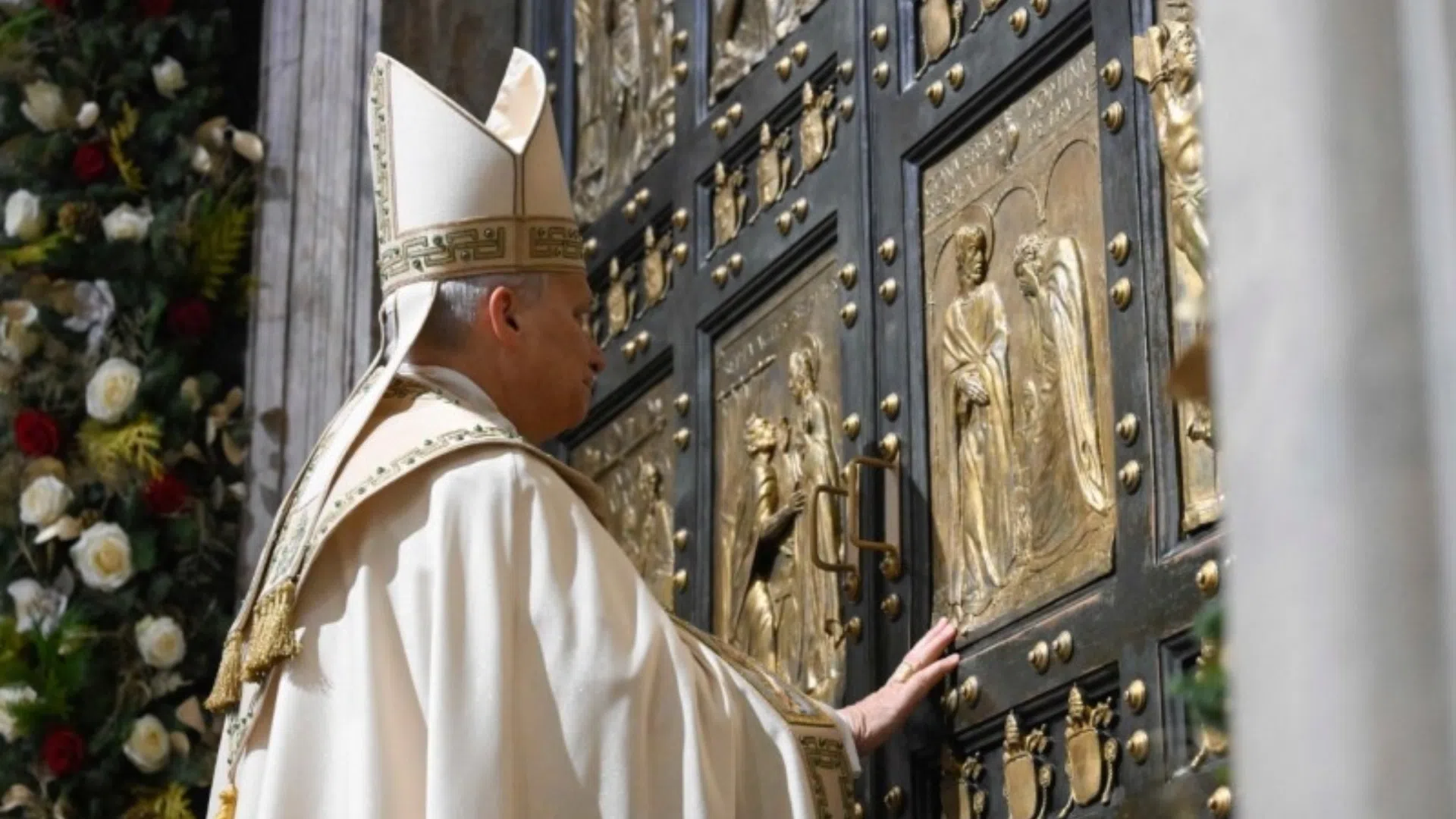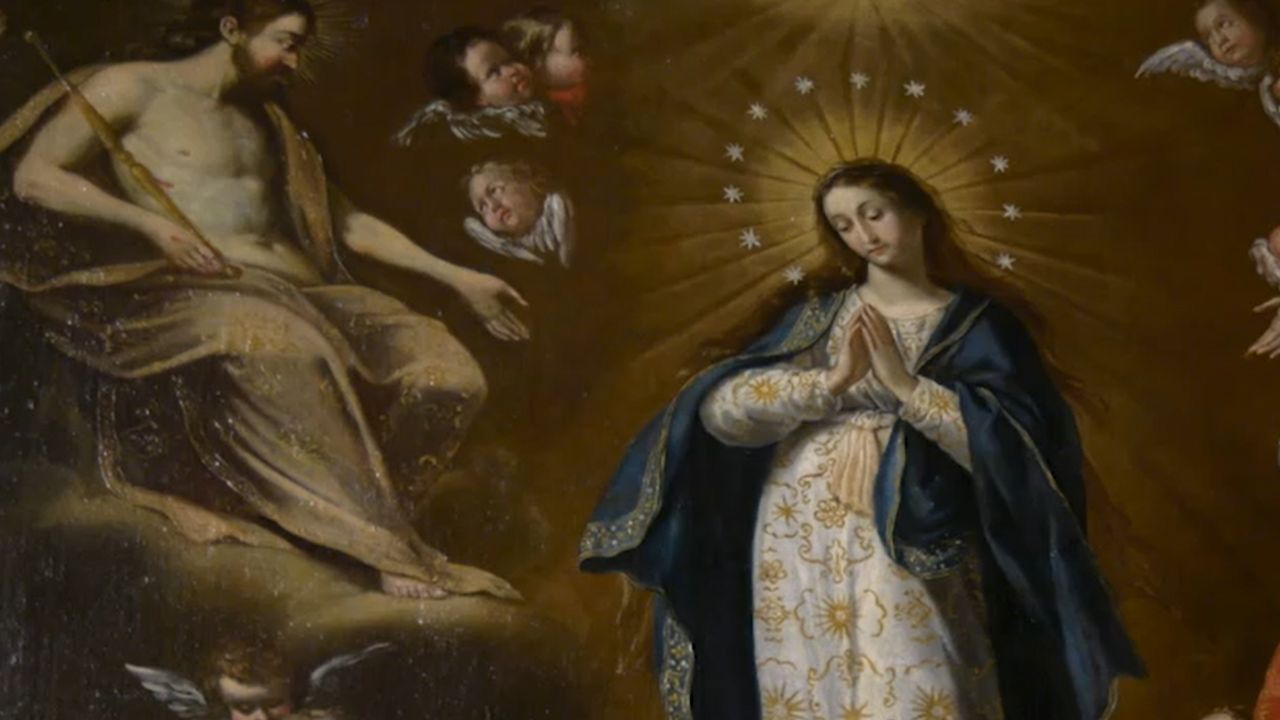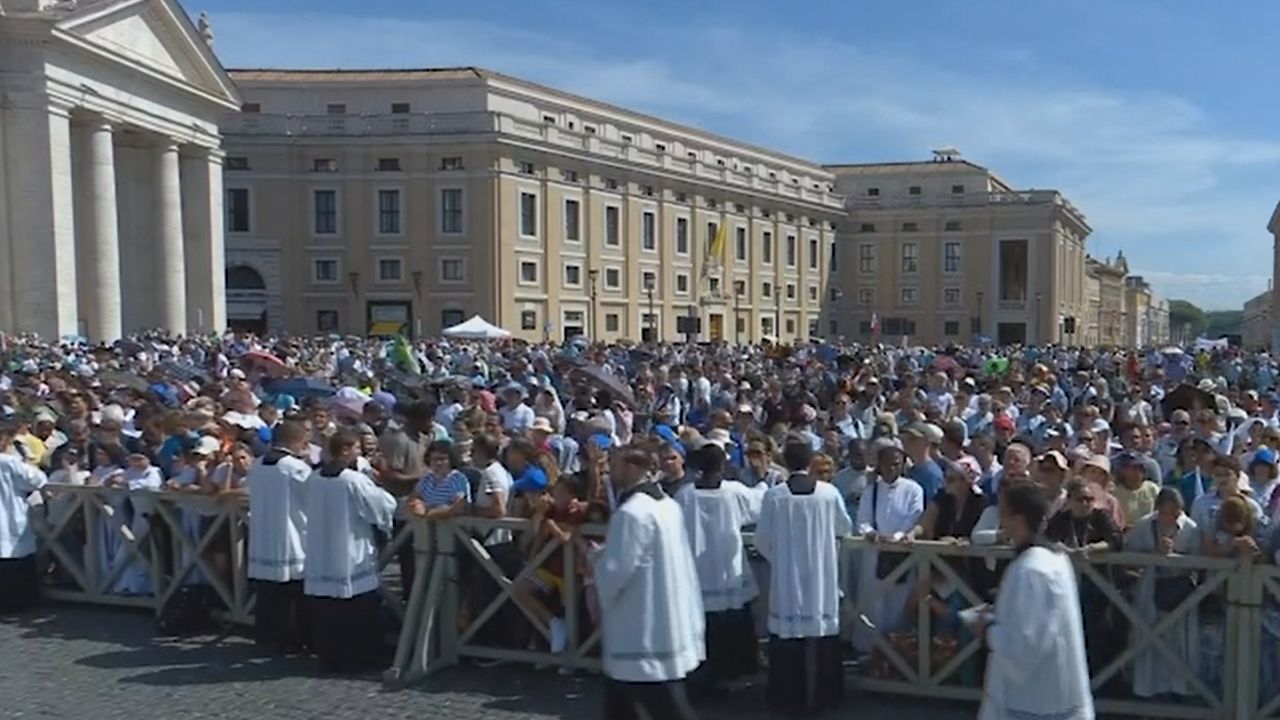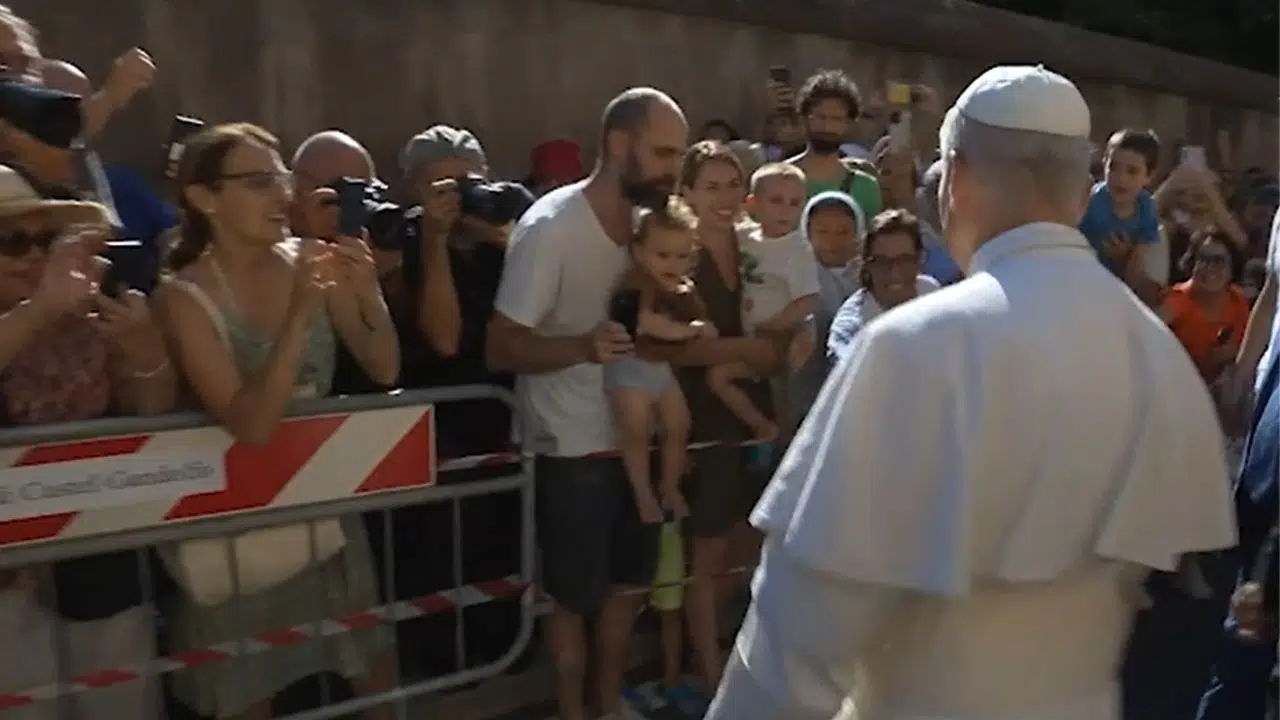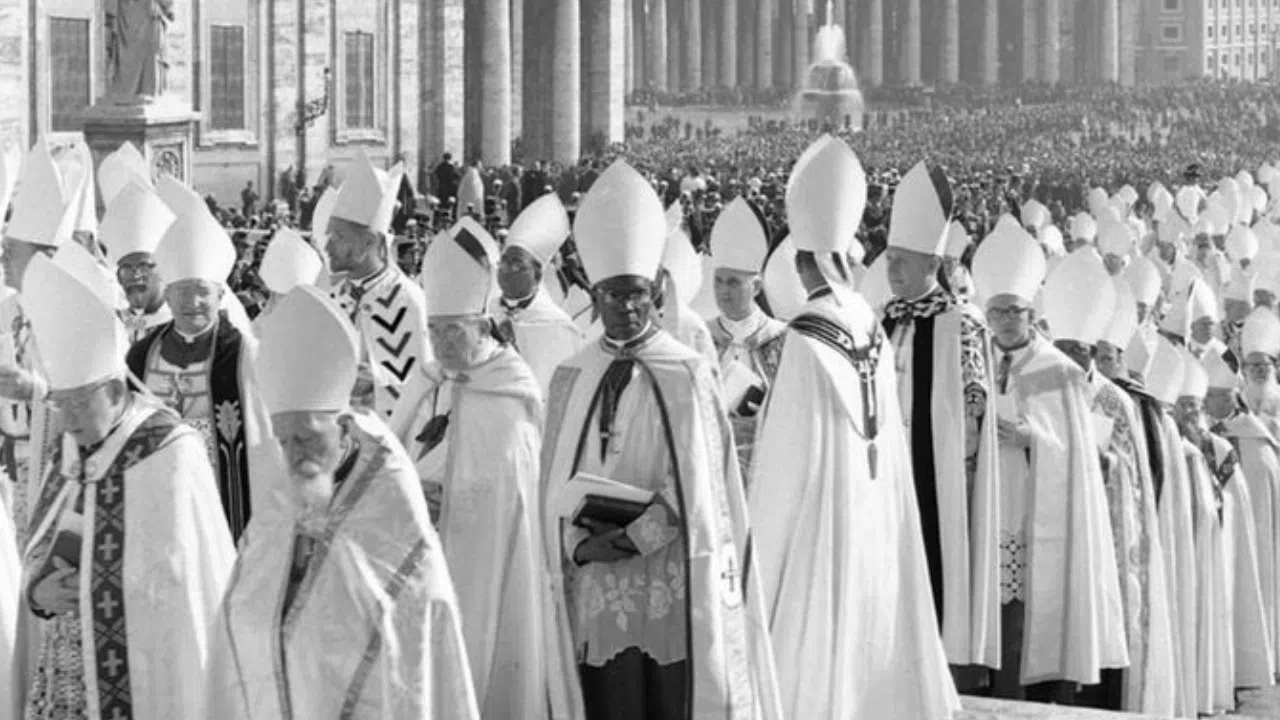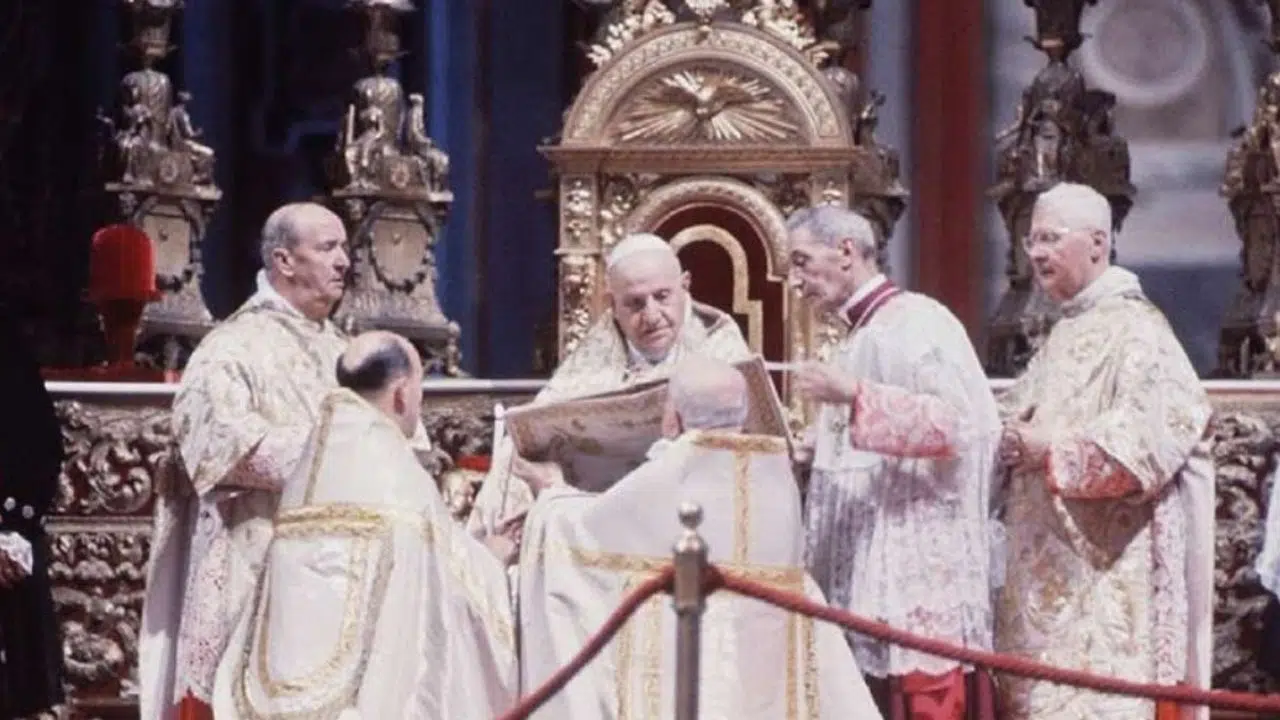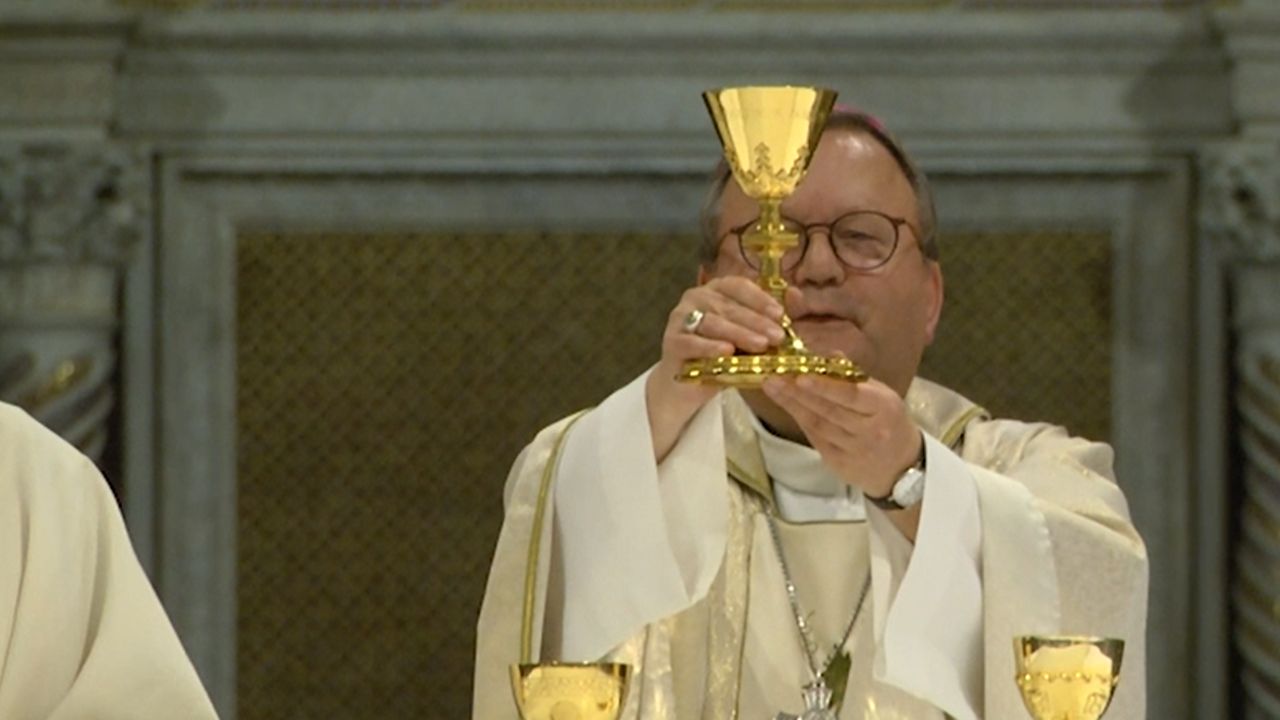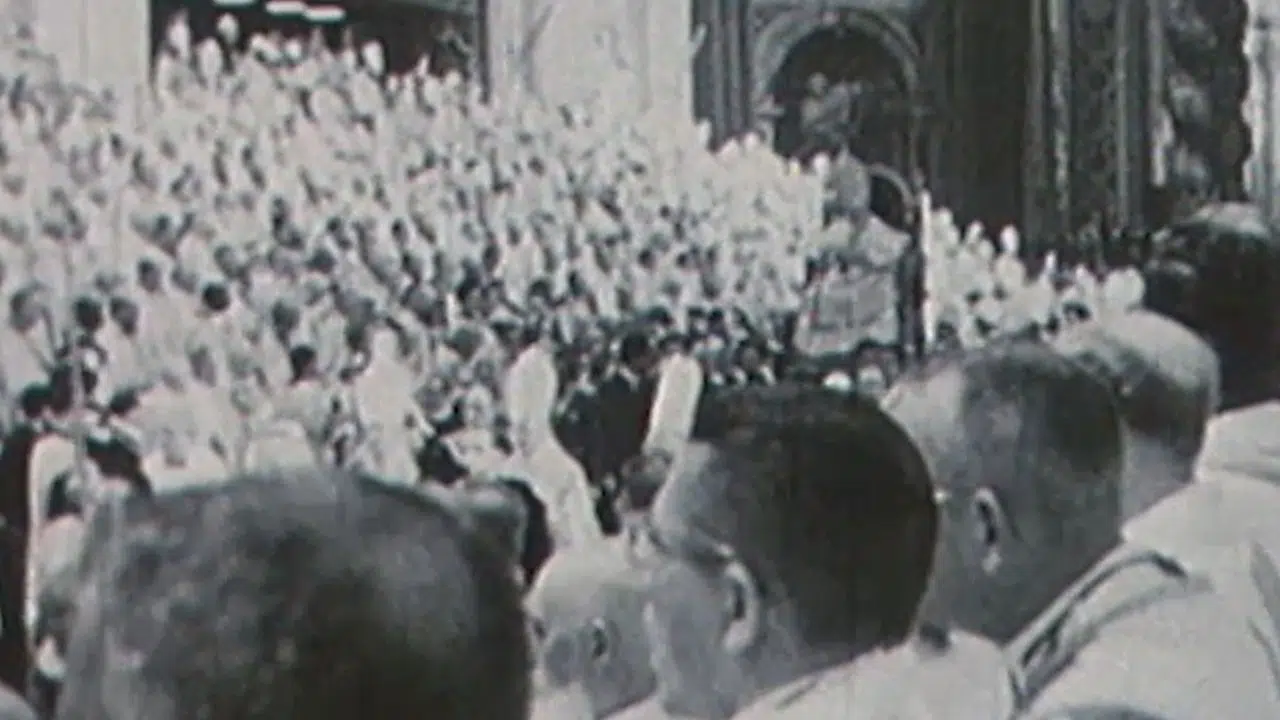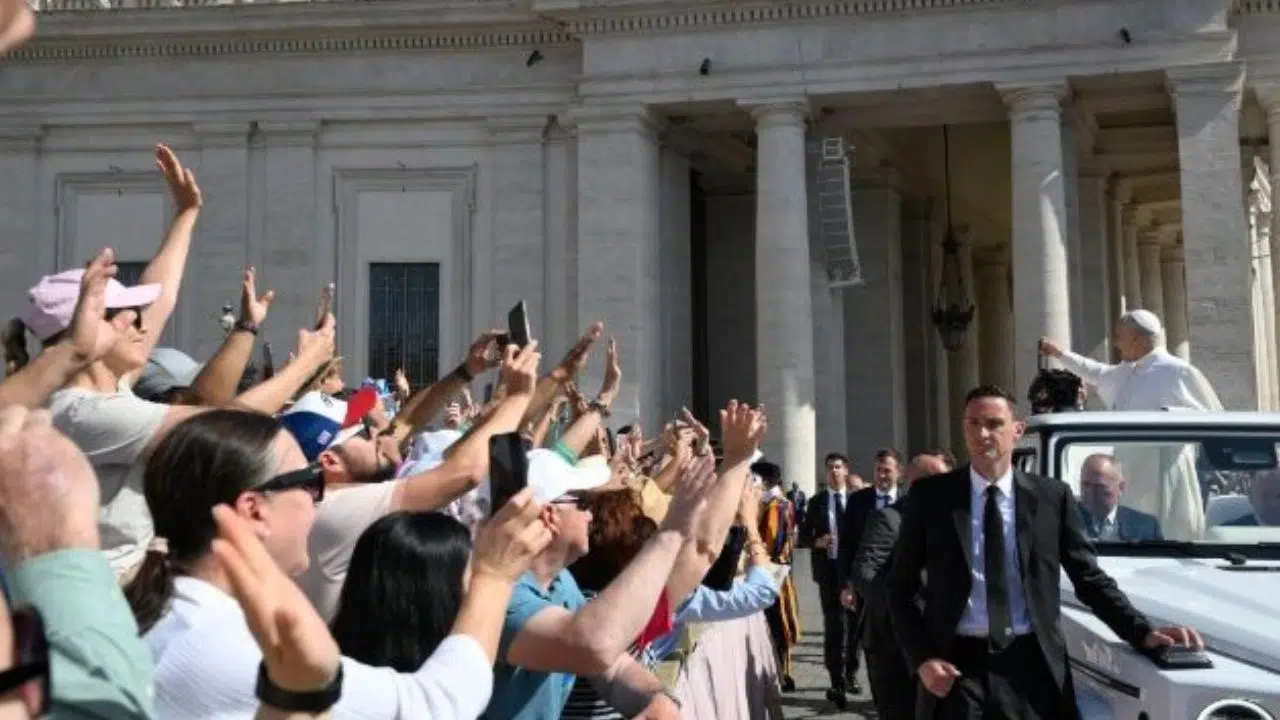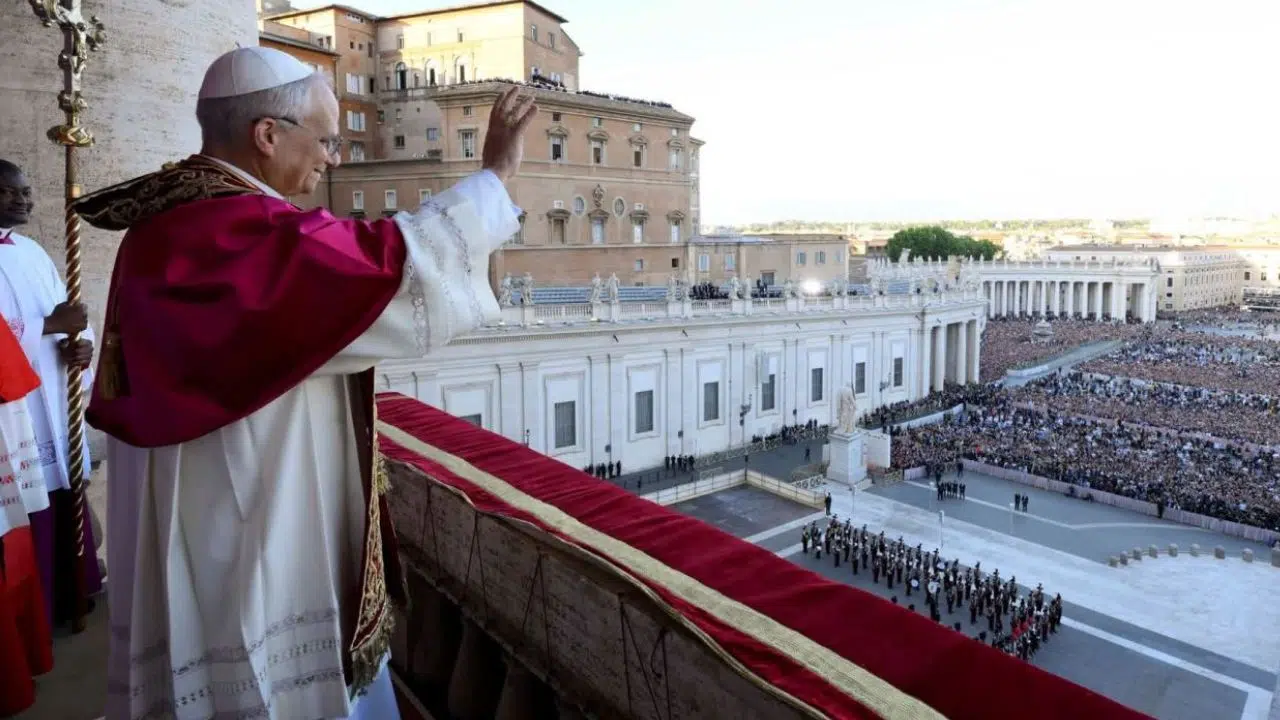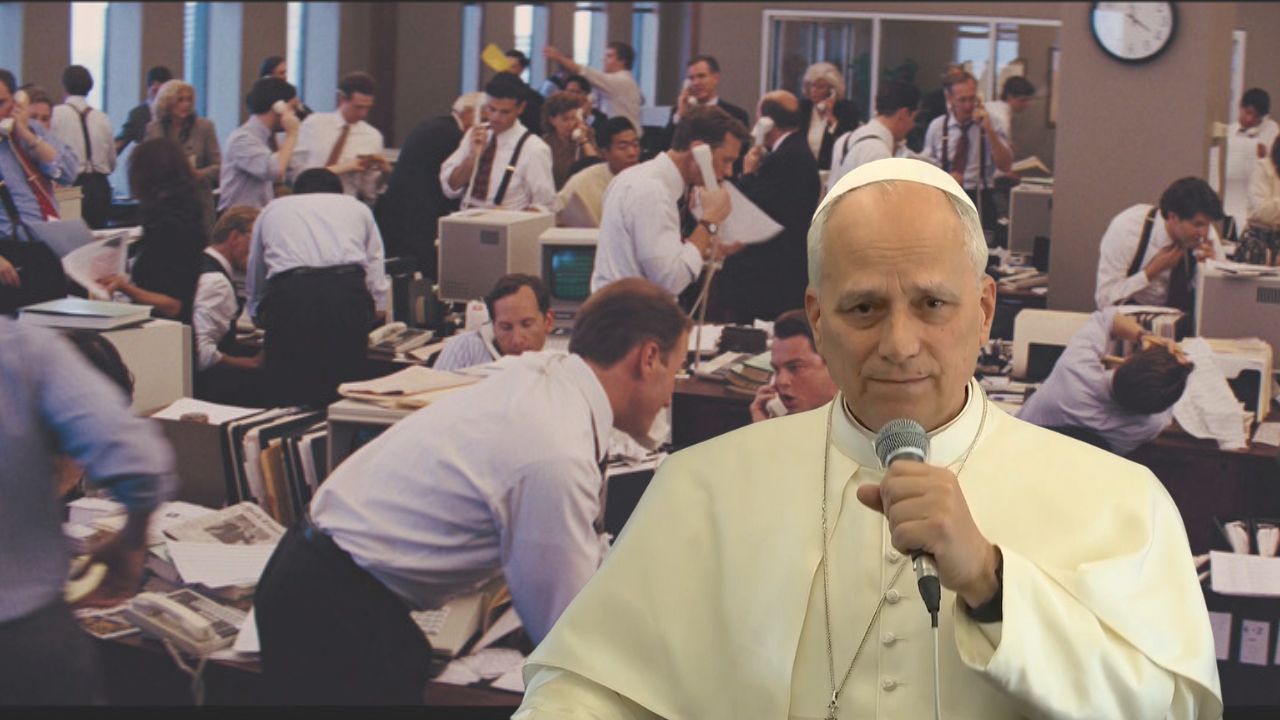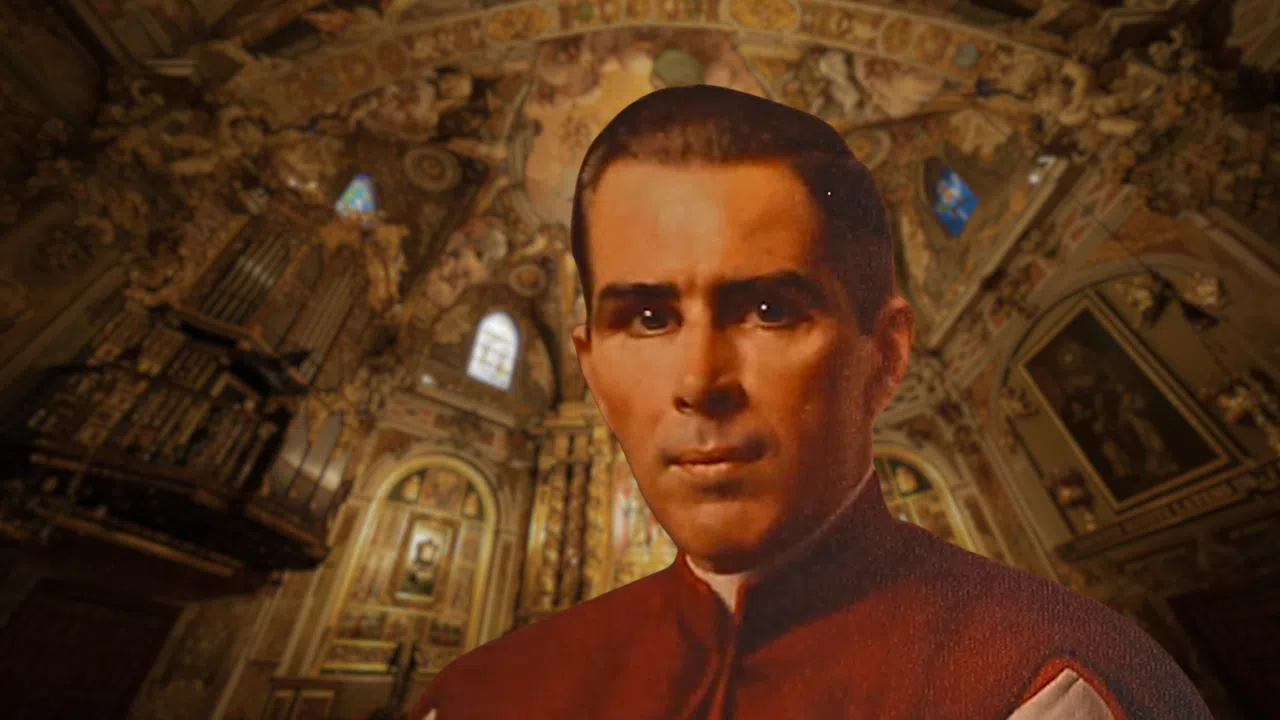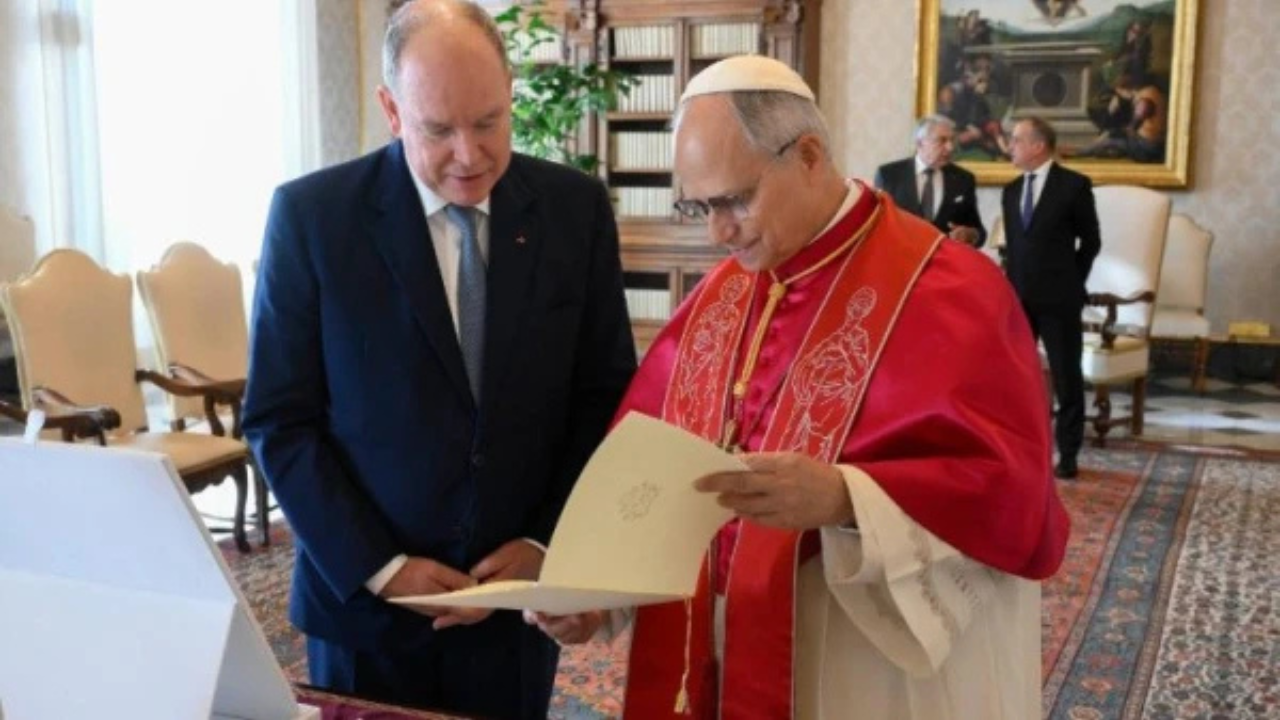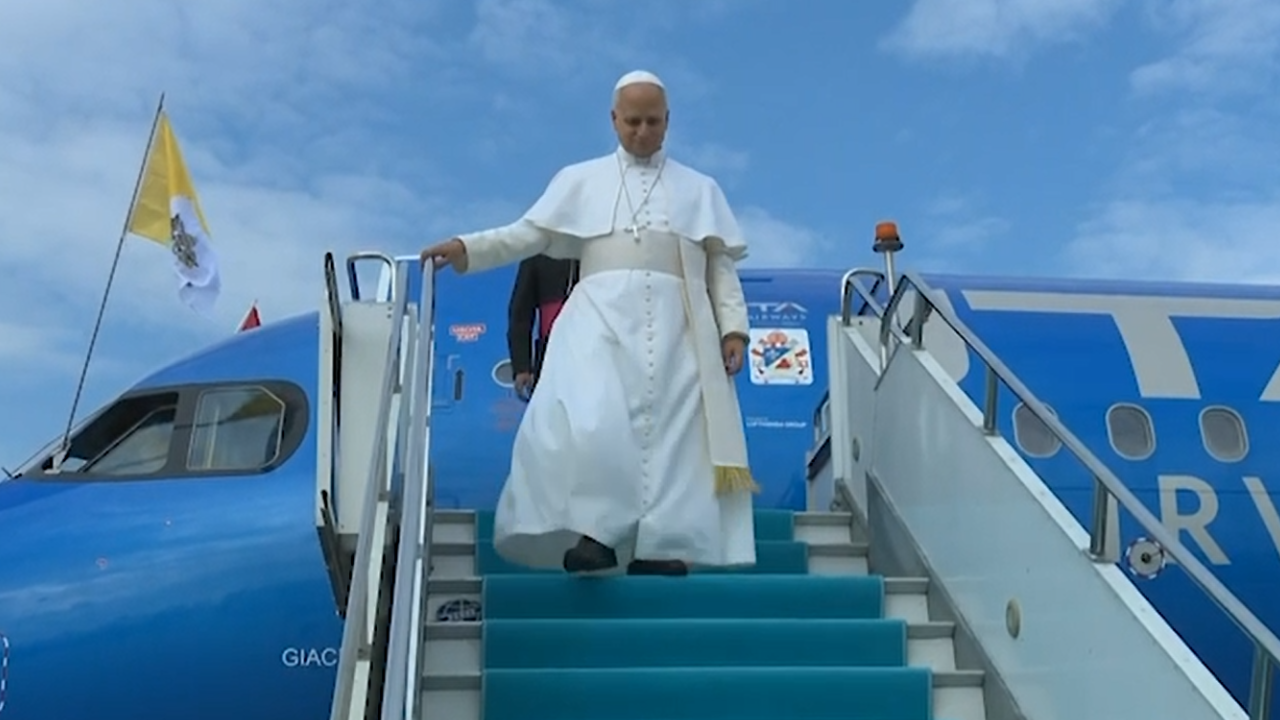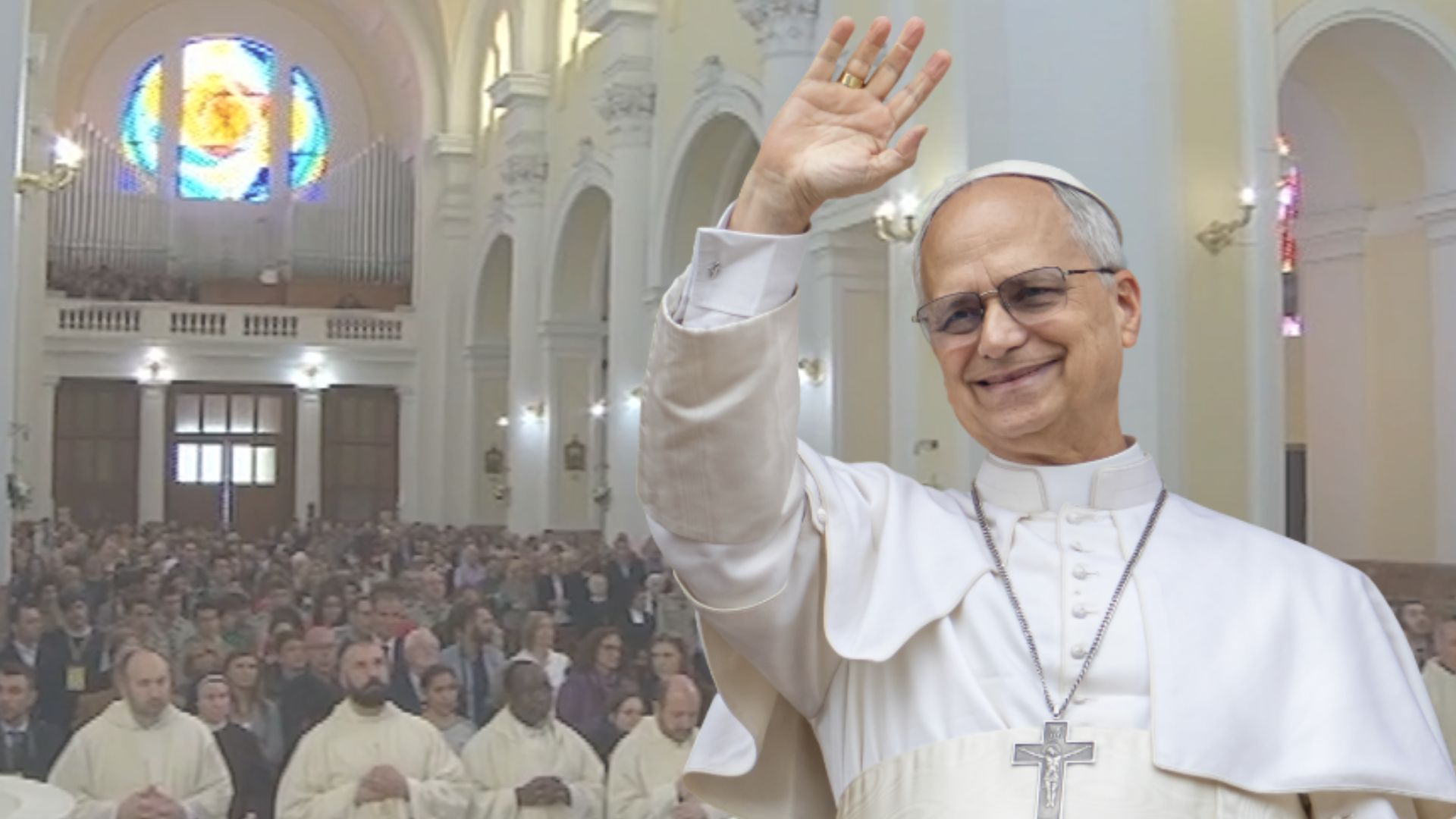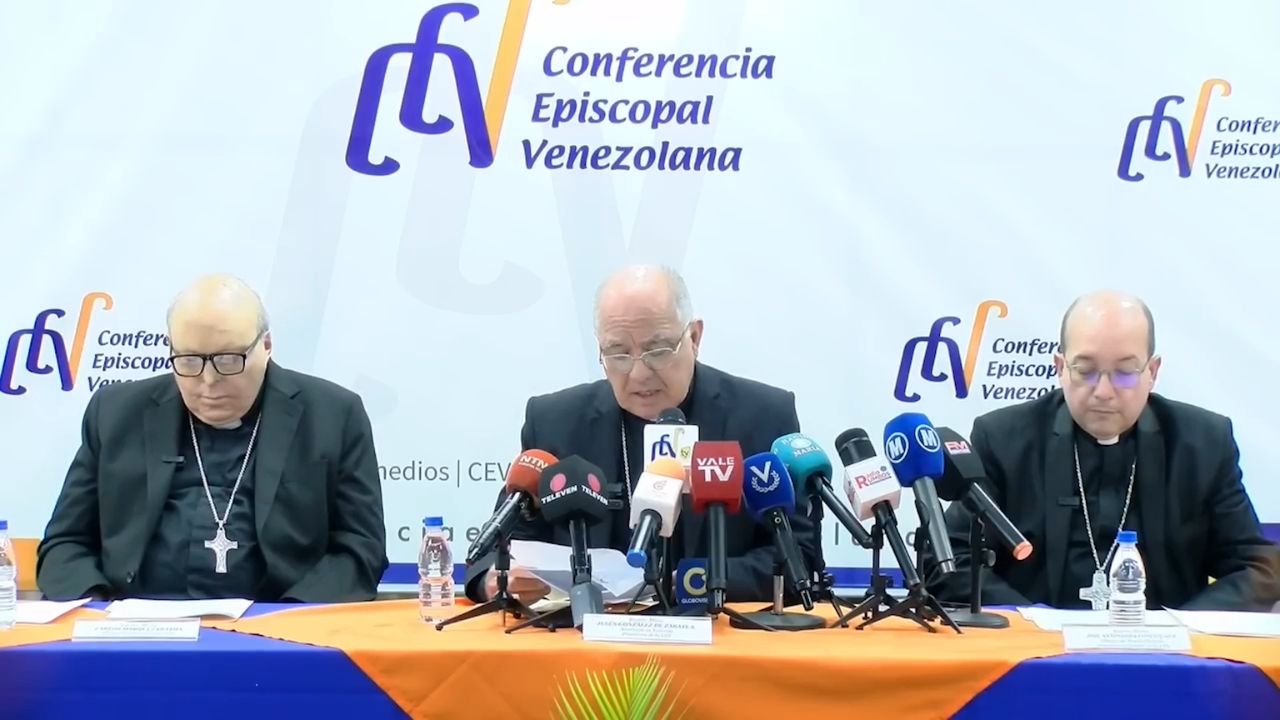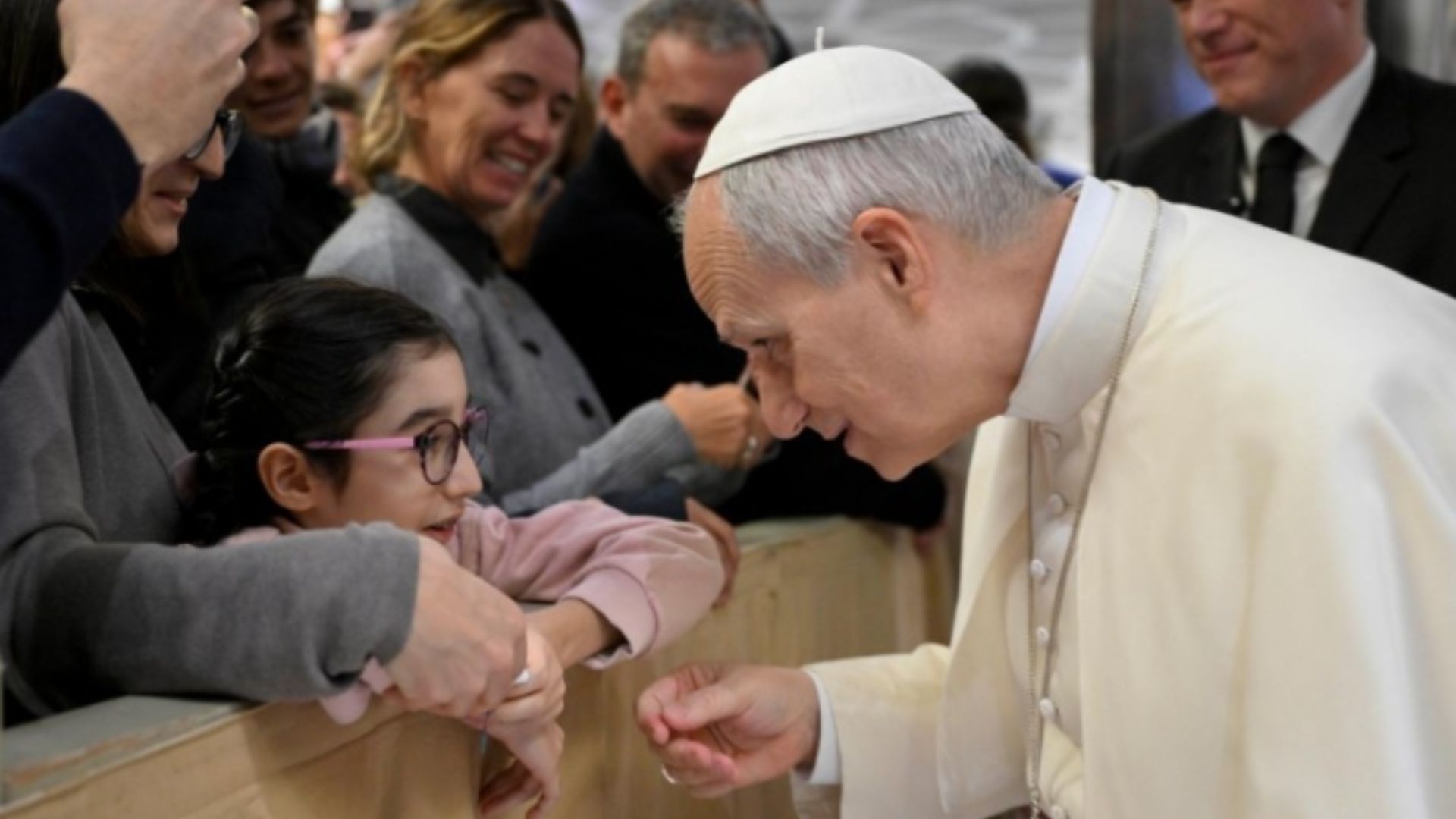The United Nations is now 80 years old. It was in 1945, amidst the aftermath of World War II, that 51 countries came together with the goal of preventing another global conflict and promoting peace.
Eight decades later, and with 193 full member states, it seems that the institution is falling short of its original goals. It’s estimated that there are around 56 active wars across the world, involving around 90 nations.
Indeed, politicians from around the world addressed this issue during the General Assembly. If there’s one theme that has consistently come up multiple times, it was the need for UN reform.
MSGR. PAUL RICHARD GALLAGHER
Secretary for Relations with States (Holy See)
There is an increasing general agreement in the international community on the need to reform this institution by rediscovering its foundation and adapting it to reflect the needs of the current era.
While there is agreement, how to carry out that reform is still very much up for debate. In any case, world leaders have used the platform in recent days to highlight their agendas.
The Vatican is one of two entities — along with Palestine — that are not full member states. It holds the status of permanent observer and, while it can make interventions, it does not have voting rights.
The Vatican’s envoy to this assembly was Archbishop Paul Richard Gallagher, Secretary for Relations with States. In his address, he conveyed the Holy See’s and the Pope’s positions to the UN, offering an overview of the ongoing wars.
He spoke about Ukraine, where he renewed the call for a ceasefire.
MSGR. PAUL RICHARD GALLAGHER
Secretary for Relations with States (Holy See)
Of the many crises currently affecting the international community, the war in Ukraine is one of the most profound and painful. Its prolonged existence is turning once vibrant cities into piles of rubble and extinguishing the smiles of children who should be growing up playing games instead of living amid the constant sound of sirens and in shelters.
Regarding the Holy Land, Gallagher addressed the situation in Jerusalem. The reigning status quo there is a historic agreement regarding the governance of the Christian holy sites, dividing it among various denominations.
MSGR. PAUL RICHARD GALLAGHER
Secretary for Relations with States (Holy See)
An equitable solution to the issue of Jerusalem based on international resolutions is essential for achieving a just and permanent peace. Any unilateral decision or action which alters the special status of Jerusalem and the status quo is morally and legally unacceptable.
On the situation in Gaza, the Vatican continues to advocate for the two-state solution.
MSGR. PAUL RICHARD GALLAGHER
Secretary for Relations with States (Holy See)
Pope Leo the 14th implored that all the hostages be freed. That a permanent ceasefire be reached, that the safe entry of humanitarian aid be facilitated, and that humanitarian law be fully respected, especially the obligations to protect civilians as well as prohibitions of collective punishment, indiscriminate use of force, and the forced displacement of the population.
All of this comes in the context of Trump’s latest proposal for Gaza — a 20-point plan that includes, among other things, replacing Hamas with a transitional authority and rebuilding Gaza under international supervision.
CA
